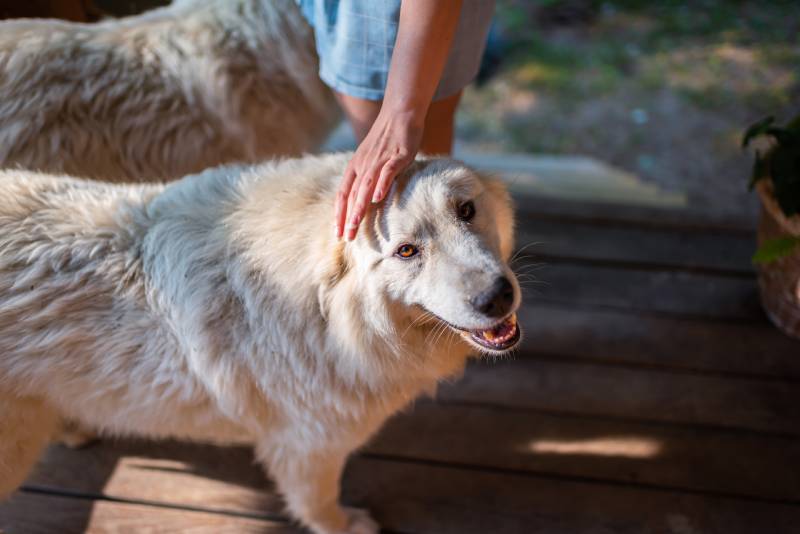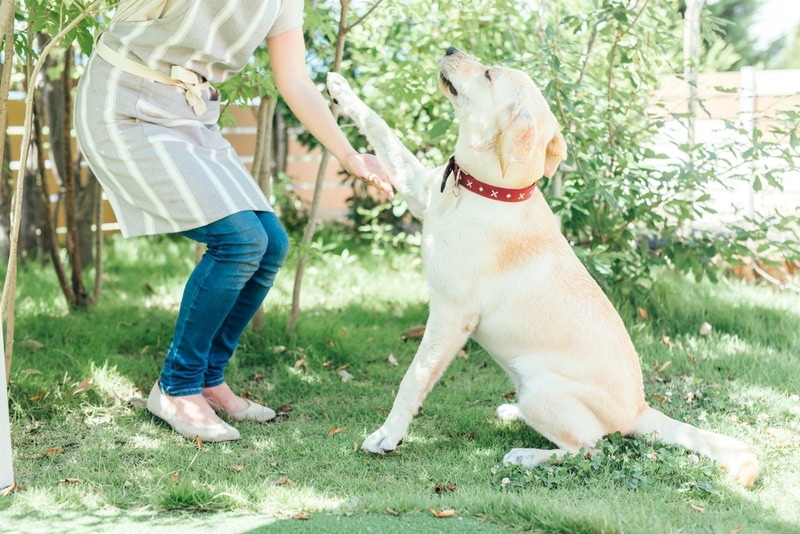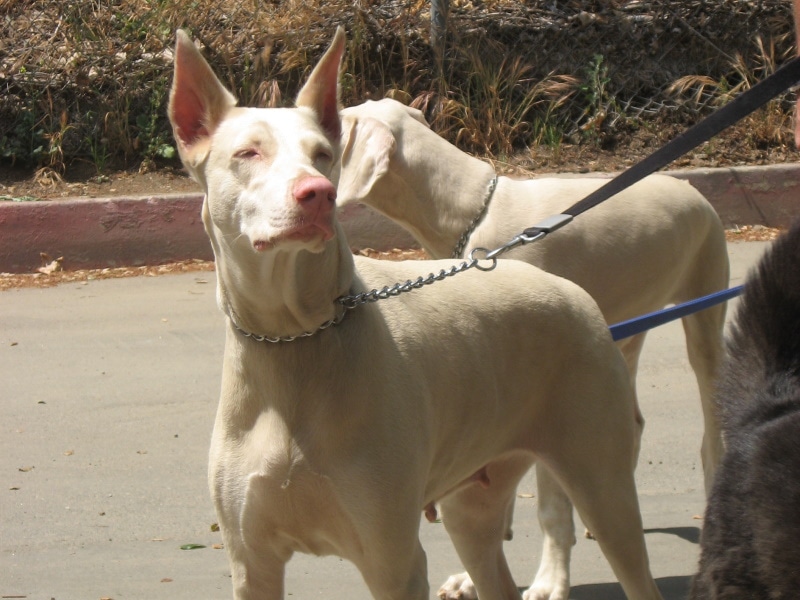Do Dogs Have a Good Memory? Vet-Verified Facts & FAQ
Updated on

Click to Skip Ahead
It’s evident that dogs have the capability to remember some things. Take, for example, coming to you when you call their name. Or, how they get excited when you pull into Starbucks because they know they’re about to get a pup cup. Those are both examples of long-term memories, which we know dogs can create and recall. But there are other types of memory, including short-term, episodic, and semantic.
Memories and how our brains create them is a complex process. At the current time, there are very few published studies about dogs and their ability to retain different types of memories. However, that limited information still gives us some insight into how good a dog’s memory is. As a general answer, dogs have a bad short-term memory, however they are good at semantic memories. Want to learn all the details? Keep reading!
Do Dogs Have Short-Term Memory?
Short-term memory is generally defined as the “recall of information for a relatively short time.” In a study conducted by Stockholm University, researchers attempted to measure dogs’ short-term memories by showing them different colored shapes, then asking them to later identify those shapes. This particular study found that dogs have a short-term memory of around 70 seconds 1.
As humans, our brains process and store many of our short-term memories as long-term memories. But if dogs have such relatively poor short-term memories, how do they remember their names, commands, and where we store their treats? That’s where episodic and semantic memory comes into play.

Semantic and Episodic Memory in Dogs
Semantic memory is the general knowledge we have stored in our brains. For a dog, a semantic memory is knowing that if they obey a command to “sit,” they’ll get a treat. Or, if they run to you when you call their name, you’ll reward them with a pat on the head. Again, we know that dogs have semantic memories by exhibiting these behaviors.
Episodic memories are more specific. These memories require a sense of self-awareness and the passage of time. An episodic memory for a dog would be recalling the very first time you said their name, years ago when they were just a puppy. Or, remembering that one day last week, you failed to pet them when you walked in the door.
In one study looking at possible episodic memory in dogs, owners and their dogs were asked to engage in a series of interactions called the “Do As I Do” method. That study revealed that dogs may possess something similar to the type of episodic memory we have.

How Long Does a Dog Remember a Person?
You only have to look at social media to see that dogs can remember a person they haven’t seen in years. Perhaps the most common example of this is video footage of a service member returning home after a long deployment. Their dog runs up the sidewalk and bounds right into their owner’s arms.
A dog’s heightened sense of smell likely plays an important role in how long a dog can remember a person. While we have 6 million olfactory receptors in our noses, dogs have 300 million. Dogs also have a relatively larger olfactory bulb, the part of the brain that interprets scents. It’s possible that dogs remember a person’s unique scent more than any other attribute, and we know that, for humans, smell has a powerful link to long term memory.
Can Dogs Get Dementia?
Dogs, just like humans, can experience memory loss as they age. Canine Cognitive Dysfunction (CCD) can cause dogs to forget where their food bowls are, or where the door to go outside is. In addition to acting disoriented, dogs with CCD may go potty in the house because they’ve forgotten that’s something they need to do outside.
Dogs with CCD can also experience personality changes, have altered sleep/awake cycles, and become restless. Talk with your vet if your dog shows any sign of dementia or other memory problems.

Final Thoughts
To date, there has been limited research on dogs’ memories. We know from dogs’ behaviors that they have good long-term and semantic memories. One study found that dogs had limited short-term memories. Another study showed that dogs may be capable of having episodic memories. It is likely that a dog’s keen sense of smell plays a role in how long they remember a person. Older dogs can even experience memory loss that impacts their quality of life.
Featured Image Credit: gemphoto, Shutterstock













